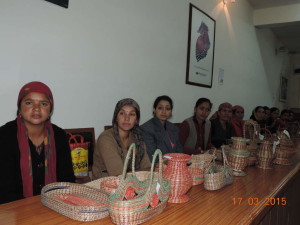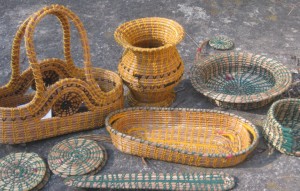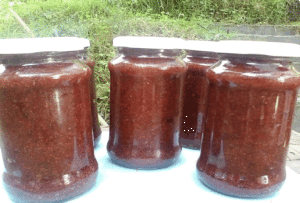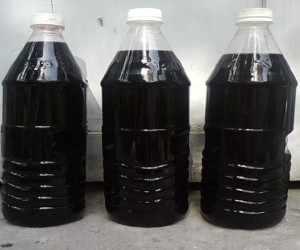
Women’s Saving and Credit Groups
Women’s Saving and Credit Groups
Women’s Saving and Credit Groups (WSCGs) are institutions that strive to promote equitable access to natural resources within the ecozone, as well as social and environmental justice, and gender sensitivity. They provide both poor women and men with the opportunity to make their own choices about income generation activity, and to raise their voices regarding GHNP planning.
GHNP’s management has assisted local WSCGs in forming Biodiversity and Tourism Community Advancement (BTCA), an NGO that facilitates asset building, rationalises the use of natural resources, helps with socio-economic development and fundraising, and provides market support ‒ all with the aim of reducing dependency on the park’s resources.
GHNP assisted BTCA’s schemes include:
Briquettes & Basket Making Using Pine Needles
Pickle, Jam and Juice Making
Each group has been given training on jam & juice production. Women use Rhododendron flowers for juice making, and use fruits jam making.
Saving and Lending in Groups for Production Purposes
WSCG started with savings of one rupee each per day or (Rs. 30/ month )into joint account. Woman gives inter loaning for the income generation, they gives loan for other purpose like as medical purpose, domestic use , specially loan for income generation activities etc.
Vermicomposting
Vermicomposting creates rich, organic fertiliser through the processing of plant waste by worms. This is a good start-up business as it requires an investment of only Rs 1500. 18 WSCGs currently prepare vermicompost.
Organic Farming
Farming with vermicompost eliminates the need for artificial fertilisers and pesticides. Surplus vermicompost is used in fields by WSCGs, and long-term use is expected to produce top-quality cereals, fruits and vegetables.
Conservation and Propagation of Medicinal Herbs
The recent growth in demand for medicinal herbs has resulted in over-exploitation of many high-value Himalayan species. The aim of this scheme is to:
- Regulate and monitor herb collection.
- Register authorised herb collectors within the ecozone.
- Support collective marketing of herbs and other income-generating activities.
- Provide training on sustainable harvest regimes.
- Link the cultivation of medicinal plants with vermicompost production.
Community-Based Ecotourism
Some of the WSCGs male members now belong to an ecotourism group, which provides wage labour to porters, cooks and guides.
Apricot Seed Oil Extraction
Traditionally, seed fruits such as hill apricots have been grown on private land in the ecozone, and local traders have bought the seeds for oil production at very low prices. The WSCGs have now set up their own oil extraction enterprises, thus producing a saleable commodity.
Craftwork and Souvenirs
Hemp fibre has traditionally been used by villagers for local requirements. WSCGs now also make crafts and souvenirs from the material, which are sold in shops and at local fairs and exhibitions. 15 selected groups were given training for handloom, like shawl & pattu making. Also women of the group knit socks, globes etc for winter sales.
Wage Employment
GHNP works with the ecozone’s WSGCs to provide employment in medicinal plant nurseries, and construction and repair work within the park.
Street Theatre
Indigenous knowledge of GHNP’s natural environment is reflected in the folk songs and dances of the ecozone. A theatre group comprised of children who belong to the WSCGs has been formed and performances in remote villages, which spread a wildlife-conservation message, promise to be a valuable source of income.







